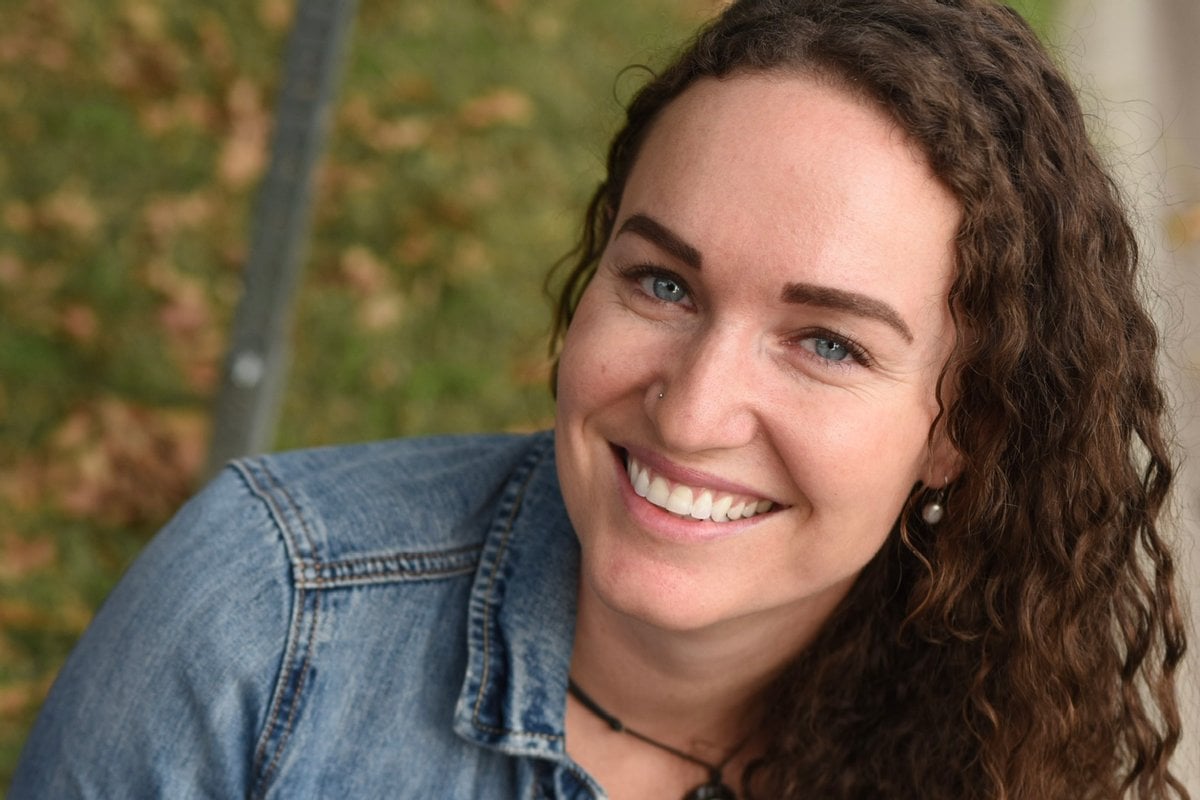
For most of her life, Megan Phelps-Roper had something most people lack: a sense of absolute certainty. Even as a small child, she had a crystal clear understanding of her purpose in life, what she needed to do each day to fulfil it, and why.
She understood that her job, and that of her family, was to “warn people away from the sins that would send them to hell”.
Megan’s family are the core members of the Westboro Baptist Church, an extremist Christian group founded by her grandfather, the late pastor Fred Phelps, in the US state of Kansas.
Watch: The Children of God cult - a history. Story continues after video.
Despite only having a few dozen members, the church’s practices have earned them significant global attention, including from British documentarian Louis Theroux whose 2007 film dubbed them “The Most Hated Family in America”.
That reputation is largely due to the church’s protests against supposedly sinful minorities, including gay people, Jews, and Muslims. They even picket the funerals of American soldiers, where they celebrate the deaths of men and women who chose to fight for a country that “institutionalised sin”. As mourners gather in grief, Westboro members stand nearby, holding signs that read, 'Thank God for dead soldiers' and 'God hates you’.